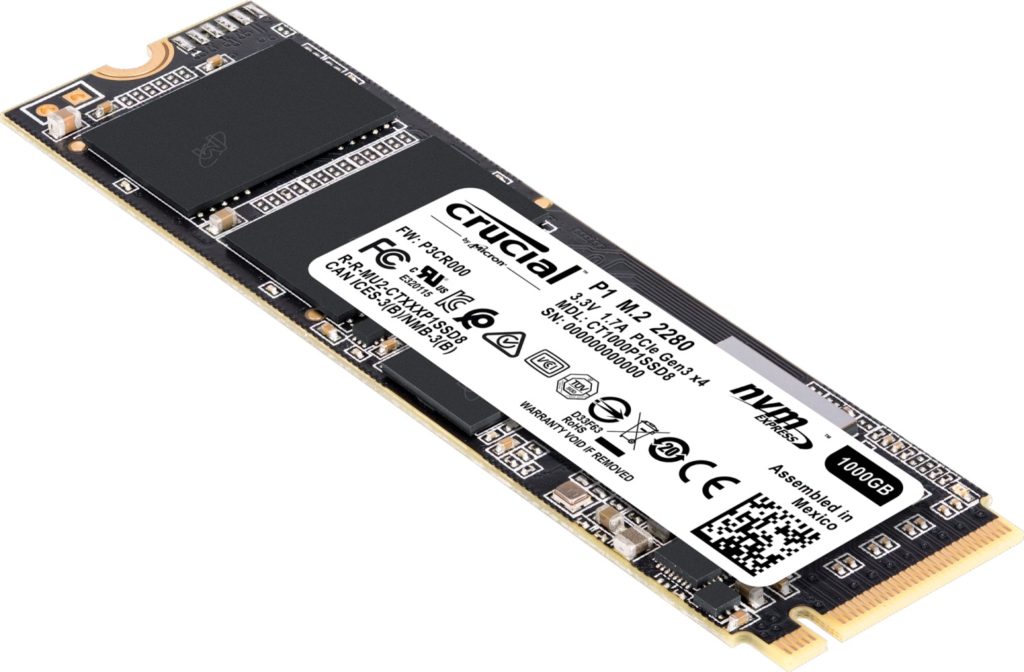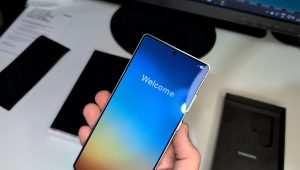It’s takes just 60 seconds for many people to lose their temper over a slow or frozen computer. But what’s the cause?

Well many just blame the entire ‘computer’ but in many cases the result is simply a case of insufficient memory.
Memory (or RAM) is one of the most critical components in a computer so if you experience any of the following issues, it may be time to investigate a memory upgrade.
Do you have to wait for letters and words to appear as you type? This is a clear sign that you’re in need of additional memory. Upgrading from 2 gigabytes (GB) to 4GB can reduce the loading time and reduce the chances of your computer freezing. If you frequently use word processing or spreadsheet software, upgrading to 8GB can provide improved responsiveness and diminish the chance of your computer freezing.”
Web browsers failing to open new tabs quickly is another sure-fire sign. Is there a lag between clicking to open a new browser tab and the moment it opens? This is common with web browsers, as they use so much active data. Increasing memory from 2GB to 4GB can speed up the responsiveness, and up to 8GB can greatly improve responsiveness. It’s worth noting that memory won’t affect the speed of your internet connection, but it will run more efficiently.
Video and its playback speed can always be problematic this is another red flag where lack of memory is concerned. Are you experiencing choppy or frozen playback when you stream video? Like web browsing, streaming video relies on internet speed, but your computer needs enough GBs of memory to run everything in the background while streaming video. 4GB memory can reduce the risk of choppy or frozen playback. 8GB can improve multitasking and reduce playback problems.
Enjoyable gaming can suffer terribly from lack of memory, especially if there’s slow command execution while gaming. Do you frequently find yourself waiting for your commands to be executed during game play?Many games require at least 4GB of RAM to run, but it’s recommended to install at least 8GB to run them well and scale up to 16GB if necessary.
Photo / Video Editing. Do you have to wait for software to catch up to your clicks while editing photos and video? Photo and video editing apps, such as Photoshop® and Final Cut®, require more system resources than many other kinds of software, and, while system requirements may call for less, if you don’t have at least 8GB of RAM, your computer may not be able to run them at all. Since they flood your system with active data – the data your computer regularly or continuously accesses – you need enough GBs of RAM to hold it all.
Keep an eye open for the above signs and, if you spot them, take action to install the memory that your computer needs to get the job done and remove frustration.


